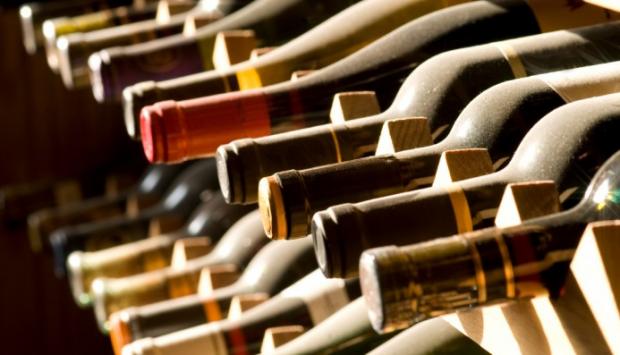Alcohol tax, all you need to know
Working in the alcoholic beverages and alcohol products market is a great way to get excellent business opportunities for your company. Undertaking in this business outside of Spain to strengthen profits exponentially, by retaining a greater number of customers abroad.
This is possible thanks to the huge current demand for alcohol products and alcoholic beverages by the public in the national and international market. Giving way to many opportunities to obtain the benefits of trading with this type of merchandise.
If you are thinking of positioning your products, at Venerable Capital, we tell you all you need to know about the alcohol tax. So that you take into account this important responsibility within the accounts of your project. Let’s start!

Where does alcohol tax apply?
From the peninsula and the Balearic Islands, shipments to Ceuta or Melilla will be recognized as import or export. Therefore, they will pay taxes.
In the same way, taxes must be paid in the state in which the merchandise is received, therefore, the transfer of products is made from one state to another and the tax is paid once it reaches its final destination.
What alcoholics products have tax?
– Beers, or mixes of beer with non-alcoholic beverages.
– Fermented beverages and wine.
– Intermediate products such as Jerez or Oporto wines.
– Alcohol and derived beverages known as spirits.
What products are tax exempt?
Products specifically exempt from tax in the category of alcohol and alcoholic beverages are:
· Alcohol and alcoholic beverages intended for the production of vinegars.
· Alcoholic beverages sold by duty-free airport and port stores, which are to be transported in personal luggage, either by air or sea.
Additionally, there are other products exempt from tax, when they are not for human consumption by ingestion. For example:
· Alcohol intended to be denatured.
· Alcohol intended for drug production or distribution in health care facilities.

What tax do alcoholic beverages pay?
The tax on alcoholic beverages will be required, depending on the products included in an objective scope according to the following categories.
Beer tax
The target scope for beer is constituted by beer and non-alcoholic beverages, classified with an alcoholic strength by volume greater than 0.5%. On a basis expressed in hectoliters of a finished product at a temperature of 20 degrees C.
The tax is 0 Euros per hectoliter. It is worth mentioning that products with an acquired alcoholic strength greater than 1.2 begin to pay from 2.75 euros per hectoliter to about 19 euros per hectoliter and top plate.
Wine and fermented beverages
The tax base for wines and fermented beverages in taxable volume per hectoliter of the finished product at a temperature of 20 degrees C.
The tax is 0 Euros per hectoliter.
Tax on intermediate products
The taxable base by volume in hectoliters of the finished product at 20 degrees C. It is set at 38.48 Euros per hectoliter for an acquired alcoholic strength of no more than 15% and 64.13 Euros per hectoliter for other products greater than 15%.
Alcohol and derived drinks
The tax is 958.94 euros per hectoliter of pure alcohol. It is worth mentioning that in the Canary Islands the tax is lower for special artisanal harvesting and distillation regimes.
We hope that our article has been useful to you. If you want to know more about distribution news and information on this topic, you can read our blog at Venerable Capital.





